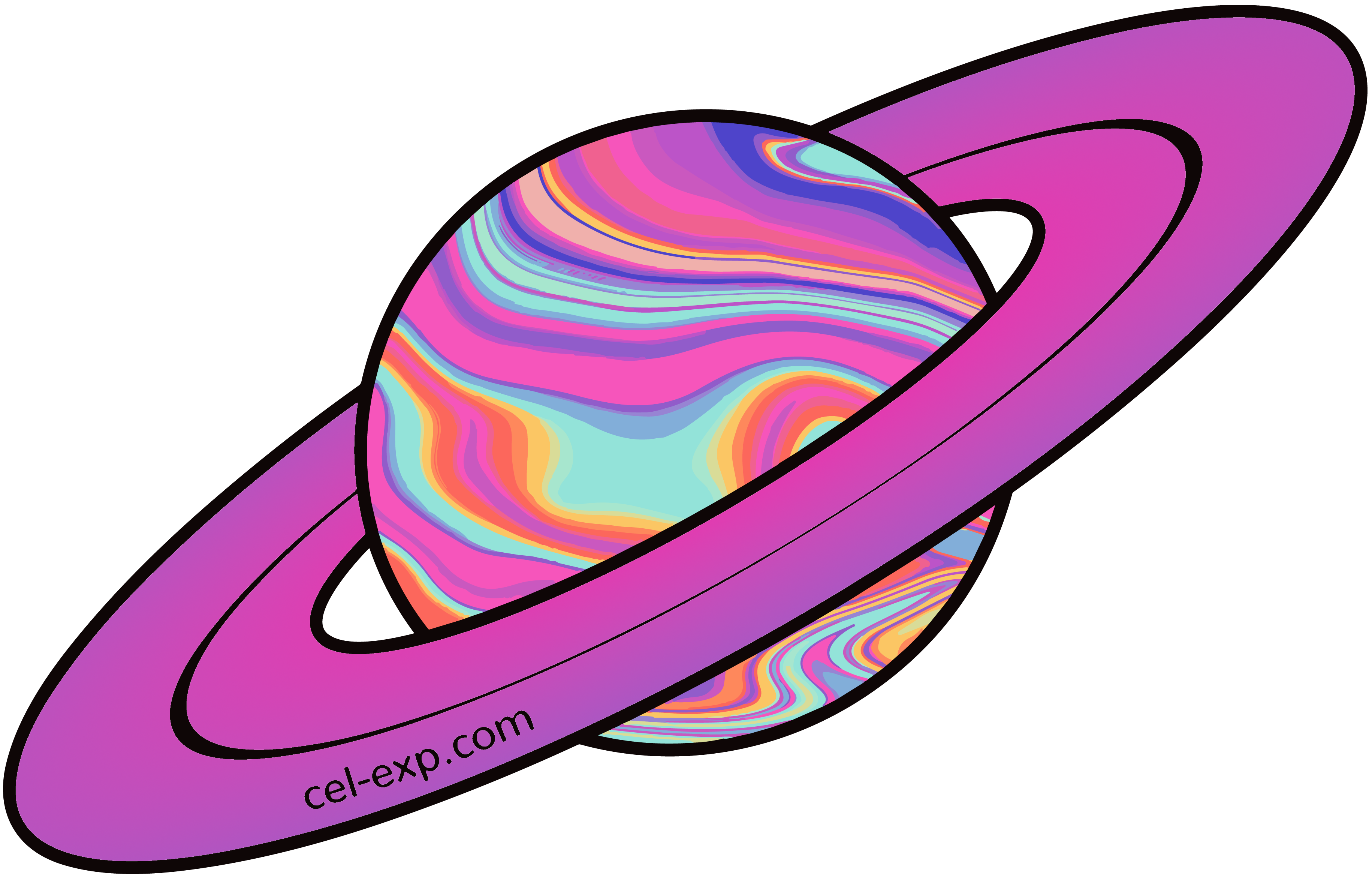Jupiter’s moon Europa was chosen for a future NASA flagship mission back in the 90s, but by the time the mission was in development, another moon, Saturn’s Enceladus, could have been swapped out as a potentially better option. Scientists hoping to study both with a follow-up mission to Enceladus made a bad gamble, as NASA will probably reduce science funding in the next decade in favor of developing technology for their goal of beating China to Mars–dashing hopes to study Enceladus any time soon.
Tag: NASA
Scientists Come One Step Closer to Pinning Down Where Life Began
Astrobiologists studying organic compounds in meteors have developed a technique that might let us finally see whether the building blocks for life could have arrived from outer space.
Russian response to US sanctions leads to innovation from US aerospace industry
Major US sanctions on Russia in the past decade have lead the Russian space agency director to threaten restrictions on NASA and astronauts. These comments led to uncertainty in Russia’s reliability to maintain necessary operations on the International Space Station (ISS). To secure the future of the ISS, NASA and private spaceflight companies have had to respond with innovation to create replacements and alternatives.
Forgotten Rocket to Hit the Moon: first debris, but not the last
A forgotten SpaceX rocket from 2015 is going to hit the moon next month. With a human presence soon to be established on the Moon and in its orbit, managing dangerous space debris is a responsibility we need to prioritize.
